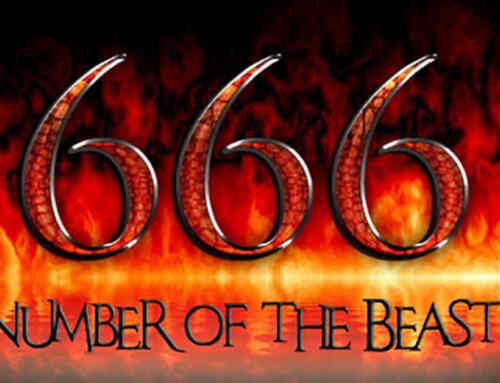The recognition of the sacred texts comprising our Bible was a process that was centuries long, and the Bible makes reference to books which were not preserved as part of the Old Testament (see for example Joshua 10:13; 2 Samuel 1:18) and some epistles that are not included in the New Testament (Colossians 4:16). Recent publicity for “lost books” emerges from two widely different camps. In 2006 Hollywood put forward a movie, based on the best-selling novel , called The Da Vinci Code. In this movie, a convincingly-acted “scholar” explains in grave tones that Gnostic writings in the early church were no more than an alternate view of the life of Jesus and that these histories were suppressed. He adds that Jesus was married, and had children. This was a secret “knowledge.” Nearly simultaneously in 2006 the National Geographic Society decided to add New Testament textual criticism to its chartered portfolio by purchasing and supporting the painstaking textual restoration and translation of the badly damaged Gospel of Judas. In Judas – for even though “Gospel” is part of its title it is painful to use that blessed word – the Gnostic-Christ there speaks in admiration of Judas as the only apostle who truly understands his need to be free from his human body. We immediately see that the first lie, “Thou shall not surely die,” and the setting aside of the ransom-sacrifice is at the core of Gnosticism. In Judas – Gnostic-Christ seeks to be free from his human body so he can rise to a higher spiritual plane. Thus Gnostic-Christ in speaking to Judas says, “You will exceed all of them
The Apostle John already was confronting Gnostics in his day (1 John 4:3). The confrontation between the apostle and these erring ones is not always clear since the words involved; “truth”, “knowledge,” “acknowledge,” “light,” and “wisdom,” have meaning to us outside the context of Gnosticism. The Gnostic approach to spirituality, or Gnostic “consciousness” is the error because it represents a false view of reality and feeling about life. These books have not been “lost”, they have been ignored because they are unsound. Their authorships in the names of the apostles are deceptions, because they come more than a century after the apostles died.












